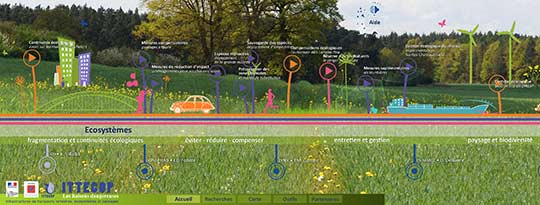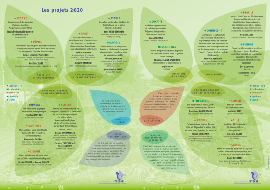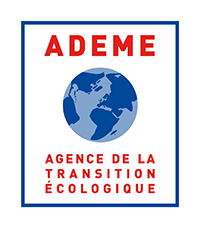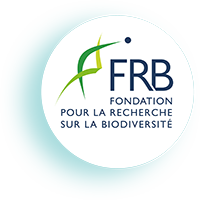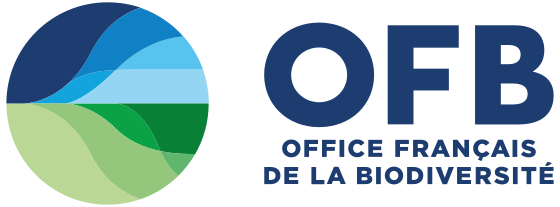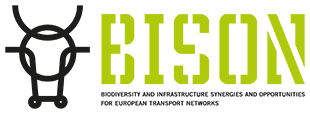Nature-Route (2)
- Nature at the edge of the road and railroad / 2: Collective gardens for sustainable design of land transport infrastructure
Nature at the edge of the road and railroad / 2: Collective gardens for sustainable design of land transport infrastructure
The group of vegetable gardens installed near the transport infrastructure are confronted with difficult conditions and show surprising resistance by creating specific environments. They thus carry unexpected services. To explore their future in the contemporary city, following the previous work on their environmental qualities and their ecological role (ITTECOP n ° 2), this second part continues the investigations in situ (measurements, interviews and samples) including the pollution issues and urban feasibility conditions.
These situations of confrontation between transport infrastructure and cultivated gardens lead us to ask more widely if it is possible to conceive the city, more generally the urbanized and circulated space, including an agricultural component installed in certain urban interstices?
The objective is to update and state criteria based on the knowledge of the situations studied and the spatial transformation modalities that seem to emerge in France. The research thus defines 20 criteria in the 4 initial fields of investigation (environment, ecology, pollution, town planning). They are presented in a glossary and exemplified by the situations explored. It is proposed to cross these criteria to define objectives of new achievements or reinforcement of old ones during the reworking of infrastructure or urban projects.
French sites (mainly located in Ile-de-France for this research) are facing other situations, one European (Lisbon), the other North American (San Francisco). The situations studied abroad show that the interest of the garden collectives always exceeds the nurturer and resides precisely in the modalities of a project that would link the local and the territorial. It can be observed that when a strong commitment of the public authorities, both economic and political, is put in place, it can operate efficiently at the level of flows (ecology and transport), but may sometimes tend to erase existing human installations. When gardens are not the subject of a constructed policy and are left to the initiative of the actors who implement them; While they can play a role in the social, ecological and urban regeneration of environments, infrastructures remain a constraint. This constraint is assumed in the composition and operation of the garden. There, as in France, the influence of infrastructures on pollution (air, soil, plants) remains difficult to assess and locate but can be subject to different attitudes of gardeners: often ignorance and sometimes integrative.
In a way, at the end of all the investigations carried out, these feeder urban facilities contribute to making the transport infrastructures more "urban", the infrastructure managers would have every interest to better associate the gardens to the project in partnership with local actors while taking into account the criteria proposed in this glossary.
Responsable(s) scientifique(s)
Grégoire- Chelkoff
- CRESSON – École Nationale Supérieure d’Architecture de Grenoble
- Organisation:
- gregoire.chelkoff[@]grenoble.archi.fr
Responsable(s) scientifique(s)
Magali- Paris
- CRESSON – École Nationale Supérieure d’Architecture de Grenoble
- magali.paris[@]grenoble.archi.fr
Rapports et synthèses
Rapport final- Présentation

